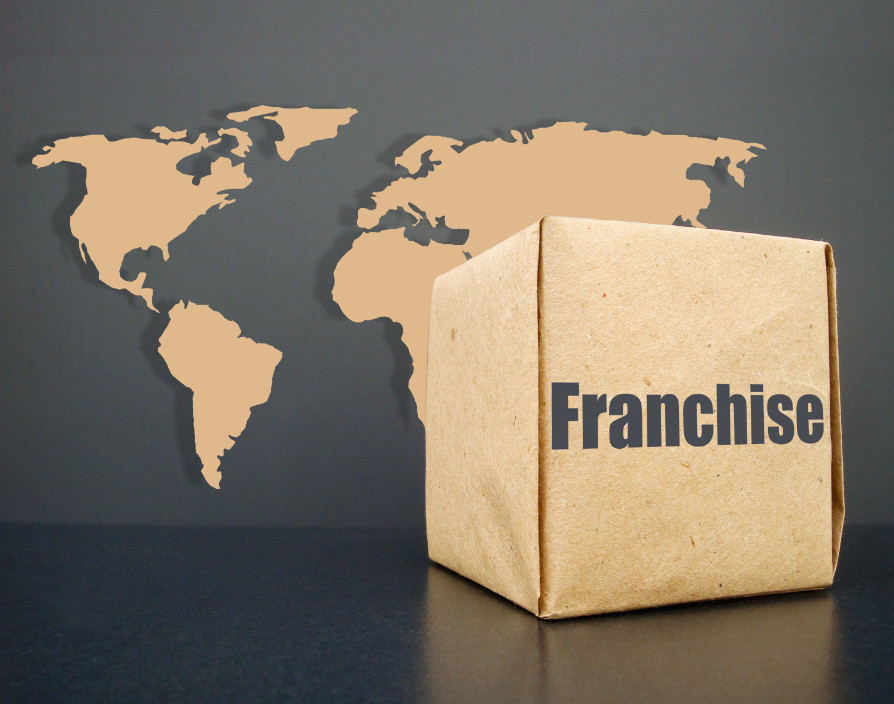For this month’s column, I have gone back to basics by describing – in simple terms – what franchising actually means, what it stands for, and how it operates in today’s business climate.
Running a high-profile brand at local level
Anyone who has ever walked along the average UK high street will have encountered a local franchise business without actually realising it. It’s particularly prevalent in the fast-food industry through companies such as Subway and Burger King, and these are just two of many.
An important point to be made regarding franchising is that it’s not just reserved for millionaires and billionaires. This industry allows a local businessman or businesswoman to represent a giant brand at community level.
What’s more, these same huge brands need you the franchisee, just as much as you need them. It’s impossible to operate the business centrally without you taking on the role as their local business partner.
Franchising terminology
Here’s a brief rundown of words and phrases used in the franchising industry.
Franchisees can be split into the following categories:
- Single unit owner operator – An example of this is running a single coffee shop;
- Multi-unit owner operator – Similar to above but running a number of different sites simultaneously, by employing on-site teams;
- Area developer – This gives the purchaser the right to operate an entire city or region for the brand owner;
- Master franchisee – This usually happens when the business is owned by an overseas company, quite often in the United States. This follows a decision made by the brand’s bosses to spread their wings by searching for someone to take over the rights for an entire country, such as the UK;
- Investor franchisee – Sometimes, although rarely, local franchises are operated via a head office to provide a simple return on investment.
The franchisor:
- Is the brand owner of the franchise and is usually based at HQ where this person employs a support team to assist their network of franchisees.
There are many more terms used in this industry, but these are some of the most common.
Franchising fees
Two of the most common ‘fee types’ for franchisees are ‘Initial Fee’ and ‘Ongoing Fee’.
Initial Fee: This reimburses the franchisor for the cost of bringing a new business partner on board. There are many factors that influence the level or size of fee charged, which cannot be adequately explained in an article of this length. This fee is often payable ahead of initial training.
Ongoing Fees: This may include royalty payments, or additional costs based on the services supplied by HQ – such as marketing activity or ad campaigns. All these fees are explained in full before anyone is asked to commit to purchasing a franchise agreement.
Lifespan of a typical franchise business
Contrary to popular belief, this is rarely set in stone. Most time-lengths are negotiated – within certain boundaries – between franchisor and franchisee.
It is common for low cost franchises to offer a five-year renewable agreement. Those, which need far greater investment, such as one termed as a ‘bricks and mortar franchise’ which may require a shop front or a warehouse, are deemed higher value franchises and will often cover a 10-year renewable period.
Before agreeing on any deal, new franchisees should take professional advice regarding return on investment (ROI), where they can try to calculate percentages, overheads and ultimately profit margins.
But the good news for successful business owners is that the deal rarely ends when the agreement period reaches its conclusion. The franchisor always wants a successful franchisee to continue in the role – and this should benefit both parties. Therefore, a new deal can be agreed and signed, potentially for a longer period than was included in the initial contract.
Franchising rules
Franchising remains unregulated in the UK, which is rare when compared to most other developed nations where the industry has more robust rules in place. This means that franchise agreements in the UK are not bound by general national rules, and therefore agreements can be customised to suit different brands. This can work for, or against, any franchise owner (as well as the franchisor) and is certainly a topic of debate for another day.
Practical advice
This might sound obvious, but when a new business partner commits to purchasing a franchise, they must operate ‘as per the agreement’ and for the length of term agreed. Although there will be options for exiting a franchise in an emergency, it is only fair to say that by signing on the dotted line, the franchisee is making a long-term business commitment. This is not a decision to be taken lightly, and could have serious financial implications going forward.
And finally
There are many specialists and franchising consultants ready to help you during every step of your journey. These men and women will advise you on what types of franchises are best suited to your own skillset and personal ambitions. They will discuss and advise on funding issues, the nuts and bolts of franchise agreements, and offer a general understanding of what the franchise industry is all about.
This service is often free, because franchise consultants are usually hired by franchisors who themselves are searching for ideal candidates to become their newest business partners.
Although franchising occupies a larger space in the economies of the United States and Australia, than it does in the UK, the industry has been in existence in our own country for around five decades. It is neither a new concept, nor a sector in decline, and is the ideal route for anyone keen to enter the world of business. Why not come and join us.

































